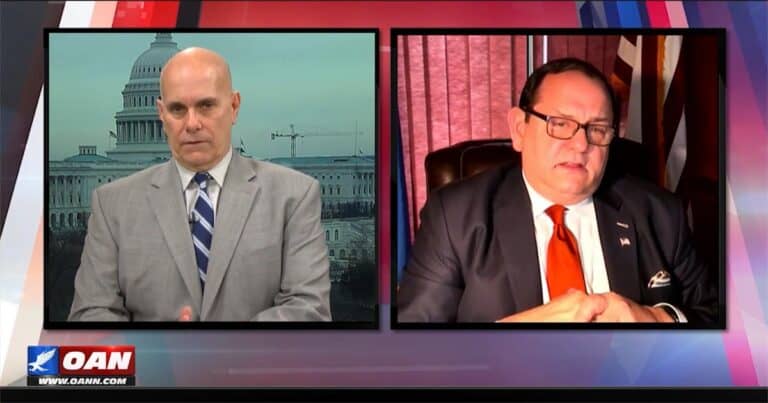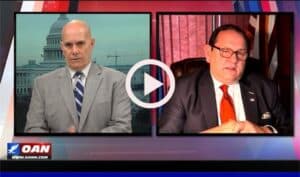| State Elections Enforcement Commission
January 3, 2022
55 Farmington Avenue
Hartford CT 06105
Michael J. Brandi
Executive Director and General Counsel
Dear Mr. Brandi,
What is the value of transparency for key governmental offices and actions? When it comes to the administration of elections, shouldn't election security be the leading area for trust? Isn’t trust gained by being credible, truthful and transparent? If more citizens trust the integrity and security of our elections, is this not a key goal of your Commission?
In March of 2020, Fight Fight Fraud, Inc., a Connecticut based election integrity group, submitted independent research that showed 103 Connecticut citizens voted twice on November 3rd, 2020. The evidence was based on publicly available voter rolls, purchased from the Secretary of the States office in January of 2020. This data indicated that 103 voters with the same names, addresses, birthdates yet different voter IDs. All are recorded as having voted under each voter ID.
This is one of many irregularities that have been discovered in the state voter rolls but this specific example leads to one of two conclusions. Either there is a problem with the process or protocols for recording votes in our electoral system or these electors committed a class D Felony. Wherever the facts lead, only by taking action is there an opportunity to remove the cloud of doubt and fix something thus improving our voting system and strengthening the integrity of that system.
Since the submission of that complaint last March, the SEEC has completed in excess of 70 other investigations yet this issue appears to be unresolved. Of greater concern is that SOTS, Dense Merrill requested policy changes a month later in the Spring Implementor bill which reduced transparency. By recommending a change to two key provisions in the voting statue, the SOTS has shut the door on independent research; Voter roll lists made available to the public now must omit the birthday and voter ID unique identifier:
State Statue passed
https://www.cga.ct.gov/2021/BA/PDF/2021SB-01202-R00SS1-BA.PDF
§ 118 — VOTER REGISTRATION INFORMATION
Generally limits disclosure of certain voter registration information
While one may argue that such changes are to protect voter information, the lack of investigation, coupled with timing of these statutory changes that will prevent such research in future, can be viewed as an attempt to cover up whatever problems exist and to close the door on future transparency. The SEEC of course is always afforded the benefit of the doubt. However, your complete and comprehensive investigation and transparency on this matter is an important action to affirm voter trust. Unfortunately, the apparent lack of action by the SEEC and the timing and motivation of these changes to the statues which followed so closely after the submission of the research offers more troubling perception.
I opened this letter with a question about the value of transparency.
I close this letter with another question; when it comes to the exercise of exclusive governmental power like election administration, shouldn't election officials strive for standards of conduct expected from judicial officials. To quote Chief Justice John Roberts “We are duty-bound to strive for 100% compliance because public trust is essential, not incidental, to our function. Individually, judges must be scrupulously attentive to both the letter and spirit of our rules…” https://www.supremecourt.gov/publicinfo/year-end/2021year-endreport.pdf
I think all would agree that public trust is essential, not incidental, to your function as well.
Respectfully,
Dominic Rapini
Candidate - Secretary of the State |


